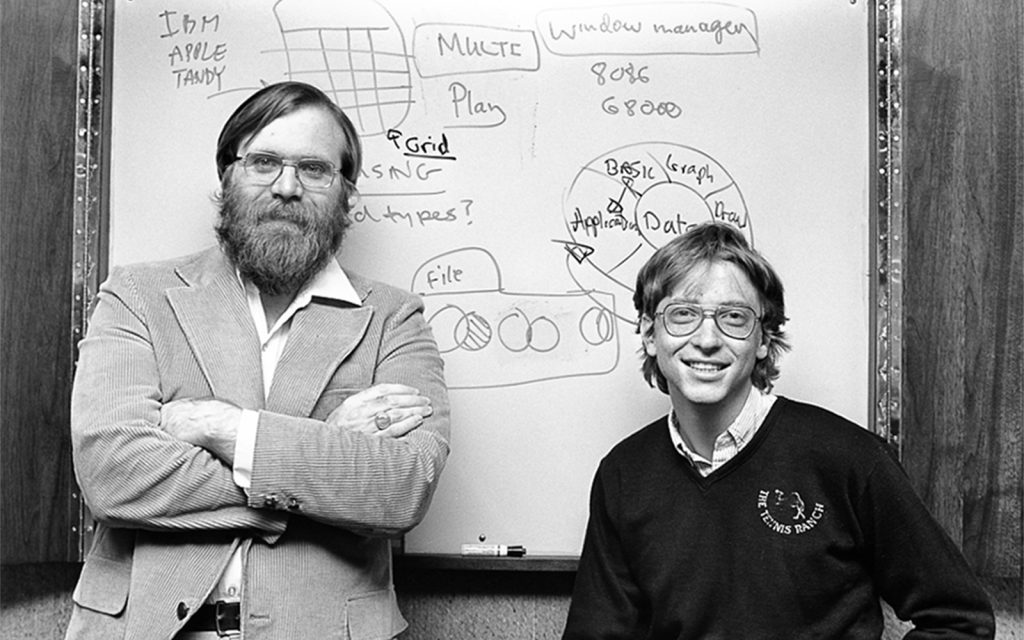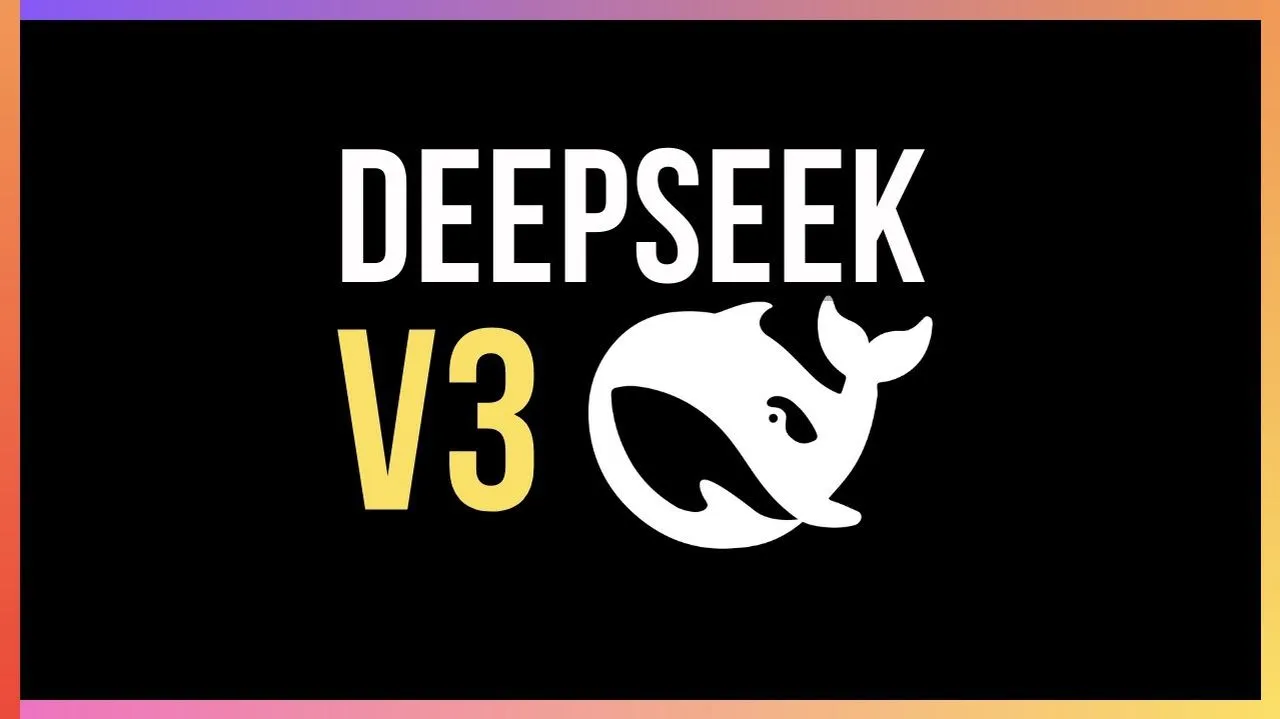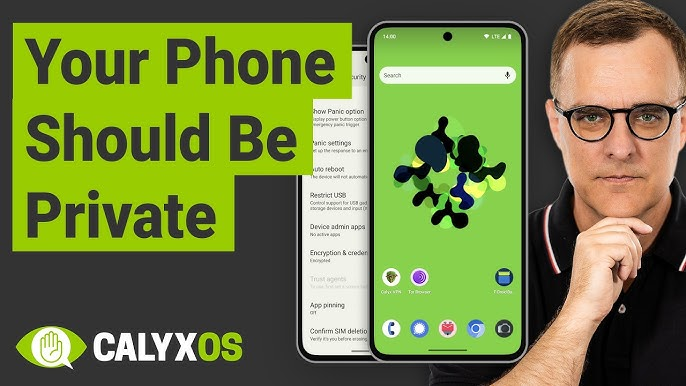
Bill Gates is one of the most influential figures in the world of technology, and his story is closely intertwined with the rise of Microsoft, the software company he co-founded in 1975. Over the decades, Gates and Microsoft have had an enormous impact on the personal computer revolution, shaping the development of software, business practices, and the broader tech industry. This article traces the life of Bill Gates, from his early years to his leadership of Microsoft, and explores how Microsoft became a global powerhouse in computing.
Early Life and Education of Bill Gates
Born on October 28, 1955, in Seattle, Washington, Bill Gates grew up in a family that emphasised education and hard work. His father, William H. Gates Sr., was a prominent lawyer, and his mother, Mary Maxwell Gates, served on the board of directors for several corporations. Gates’ interest in computing emerged early in his life. As a teenager, he attended Lakeside School, a private school in Seattle, where he was first exposed to computers. It was here that Gates developed a fascination for programming, using a Teletype Model 33 ASR terminal connected to a remote computer.
At Lakeside, Gates met Paul Allen, who would later become his partner in founding Microsoft. The two bonded over their mutual interest in computers, and they spent hours programming and experimenting with various systems. After excelling in school, Gates enrolled at Harvard University in 1973, where he initially pursued a law degree. However, his passion for programming soon overshadowed his academic pursuits. Gates dropped out of Harvard after two years to follow his vision of creating software for the emerging personal computer market.

The Birth of Microsoft
In 1975, Gates and Paul Allen saw an opportunity when the MITS Altair 8800, an early personal computer, was introduced. They realised that the success of personal computers would depend on the availability of user-friendly software. Together, they developed an interpreter for the BASIC programming language, which they adapted to work on the Altair. This project led to the founding of Microsoft on April 4, 1975.
Initially called “Micro-Soft,” a blend of “microcomputer” and “software,” the company started small, with Gates and Allen doing much of the work themselves. Their first big success came in 1980, when Microsoft was contracted by IBM to provide an operating system for its first personal computer, the IBM PC. Microsoft purchased an existing system, QDOS, from a small company and adapted it to meet IBM’s needs. The result was MS-DOS (Microsoft Disk Operating System), which quickly became the dominant operating system for personal computers.
The Rise of Microsoft: Windows and Office
Microsoft’s breakthrough with MS-DOS laid the foundation for its dominance in the personal computing industry. However, it was the development of Windows that truly solidified the company’s place at the top of the tech world. In 1985, Microsoft launched Windows 1.0, a graphical extension for MS-DOS that provided a more user-friendly interface, enabling users to interact with their computers through a mouse and graphical icons rather than typing commands.
Windows evolved rapidly, with Windows 3.0 in 1990 marking a major turning point. It introduced enhanced graphics, multitasking capabilities, and greater functionality, making it a commercial success. Windows 95, released in 1995, became a global phenomenon, thanks to its intuitive start menu, taskbar, and plug-and-play capabilities, revolutionising the personal computing experience for millions of users. By the mid-1990s, Microsoft was the undisputed leader in the software market, with Windows becoming the operating system of choice for the majority of PCs around the world.
In addition to Windows, another key product that contributed to Microsoft’s success was Microsoft Office, a suite of productivity applications that included Word, Excel, and PowerPoint. Introduced in 1990, Microsoft Office quickly became a standard for business productivity software, adopted by companies, governments, and individuals globally. The integration of these applications made Office an indispensable tool for work and communication, further boosting Microsoft’s revenues and influence.
Gates as a Visionary Leader
Bill Gates’ vision for Microsoft was driven by his belief in the potential of personal computing to change the world. He famously articulated his vision in 1980, stating that Microsoft’s goal was to put “a computer on every desk and in every home.” At the time, this seemed like an ambitious, almost impossible idea, given the high cost and limited capabilities of early computers. However, Gates’ focus on making software affordable, user-friendly, and widely available played a crucial role in making this vision a reality.
Gates was known for his intense work ethic and hands-on leadership style. In Microsoft’s early years, he was deeply involved in the technical aspects of the company’s products, often reviewing and rewriting code himself. His attention to detail and insistence on high standards helped drive Microsoft’s success. Gates also proved to be a shrewd businessman, forging strategic partnerships and navigating the complexities of the rapidly evolving tech industry with skill and foresight.
Under Gates’ leadership, Microsoft grew from a small start-up to a multinational corporation with billions in revenue. By the late 1990s, Gates was the wealthiest person in the world, a title he held for many years. His success at Microsoft not only made him a household name but also turned him into a symbol of the possibilities of the digital age.
Challenges and Legal Battles
Despite its success, Microsoft faced significant challenges, including legal battles with governments and competitors. In the late 1990s, Microsoft was accused of monopolistic practices, particularly in relation to how it bundled its Internet Explorer browser with Windows. The United States Department of Justice filed an antitrust case against the company, alleging that Microsoft was stifling competition and innovation. The case resulted in a ruling that Microsoft should be broken up into two companies—one for operating systems and one for software applications. However, this decision was later overturned on appeal, and Microsoft reached a settlement with the government in 2001.
The antitrust case marked a turning point for both Microsoft and Bill Gates. While Microsoft remained a dominant player in the software market, the legal battle tarnished its reputation to some extent. Gates himself began to step back from his day-to-day role at Microsoft, focusing more on philanthropy through the Bill & Melinda Gates Foundation, which he co-founded with his wife in 2000.
Gates’ Transition to Philanthropy
In 2008, Gates officially stepped down from his full-time role at Microsoft to dedicate more time to his philanthropic efforts. The Bill & Melinda Gates Foundation became one of the largest and most influential charitable organisations in the world, focusing on issues such as global health, education, and poverty alleviation. Gates’ decision to transition from tech mogul to philanthropist marked a significant shift in his career, though his legacy at Microsoft remains a crucial part of his identity.
Microsoft in the 21st Century
Though Bill Gates no longer plays an active role in the day-to-day operations of Microsoft, the company continues to thrive. Under the leadership of Satya Nadella, who became CEO in 2014, Microsoft has shifted its focus to cloud computing, artificial intelligence, and other cutting-edge technologies. Products like Microsoft Azure and Office 365 have helped the company maintain its relevance in an increasingly digital world.
Today, Microsoft is valued at over a trillion dollars and continues to be one of the most influential tech companies globally. While the company has evolved significantly since its founding, the vision and groundwork laid by Bill Gates and Paul Allen remain at the core of Microsoft’s ongoing success.
Conclusion
Bill Gates’ journey from a young computer enthusiast to the co-founder of Microsoft and one of the world’s wealthiest individuals is a remarkable story of innovation, ambition, and perseverance. His vision of bringing personal computing to the masses has fundamentally changed the way we live, work, and communicate. Despite the challenges along the way, Microsoft’s impact on the tech industry is undeniable, and Gates’ legacy as both a tech pioneer and philanthropist will endure for generations to come.






